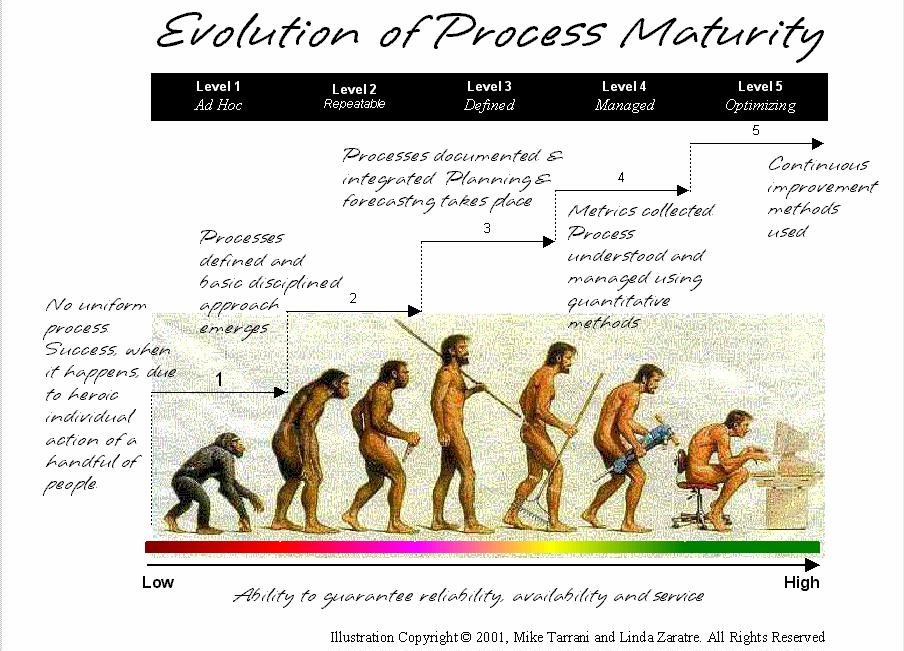The Bahá’í teachings present a profound exploration of the evolution of human consciousness and the divine plan orchestrated by the Creator. As an intellectual voyage, this discourse invites contemplation on the considerable question: How does our increasing awareness shape our understanding of spirituality and our place within the grandeur of existence? Furthermore, it poses a potential challenge: Are we, in our relentless pursuit of knowledge and enlightenment, distorting the very essence of the Creator’s vision for humanity?
At the crux of Bahá’í tenets lies the assertion that human consciousness is not an isolated phenomenon but is deeply woven into the fabric of divine consciousness. The Bahá’í Faith posits that we are all active participants in a collective unfolding of a higher understanding, and this evolution signifies a dynamic interplay between the material and spiritual realms. To fully grasp this intricate relationship, one must first analyze the stages of consciousness as perceived through the lens of Bahá’í teachings.
Initially, one observes the rudimentary level of consciousness, akin to that of the animal kingdom. In this state, individuals are primarily driven by their instincts and base desires. However, as humanity progresses, another facet of consciousness emerges—the intellectual and rational capacity that enables critical thought and self-reflection. This elevation is reminiscent of a chrysalis transforming into a butterfly, a poignant metaphor for the potential inherent in each individual. As we cultivate critical thinking and intellectual prowess, we begin to realize our responsibilities towards others and the world.
A significant aspect of this evolution is the recognition of interconnectedness. The Bahá’í teachings emphasize the oneness of humanity, asserting that all individuals, regardless of nationality, race, or creed, form a singular entity. This consciousness of unity augments our understanding of ourselves not only as individual beings but as integral parts of a greater whole. The challenge, then, arises in fostering a genuine sense of belonging within this divine tapestry while combating societal constructs that breed division and discord.
Transcending intellectualism, Bahá’ís advocate for the development of spiritual consciousness. This involves a recognition of the divine attributes within ourselves and others, which serve as a reflection of the Creator’s essence. In nurturing qualities such as compassion, justice, and humility, personal and collective growth is fostered. Yet, it is essential to acknowledge an inherent struggle: the temptation to dwell in self-centeredness rather than to embody these virtues can hinder progress. This discourse prompts us to question whether our intellectual ideas translate into compassionate action.
As humanity enters what is referred to as the World Order of Bahá’u’lláh, the divine plan particularly emphasizes social evolution alongside spiritual maturation. It calls for an alignment of personal consciousness with societal needs. This synergy becomes vital in navigating the complexities of modern life. It requires us to not only seek individual enlightenment but also to contribute to the collective upliftment of humanity. In doing so, the profound impact of collaboration and unity is highlighted—essential for manifesting the Creator’s purpose.
The Bahá’í teachings further expound that stages of consciousness do not occur in isolation, but rather cyclically and progressively. Each generation brings forth new understandings, which are fortified by the contributions of previous ones. This notion underscores the importance of education. An educated individual, according to Bahá’í principles, is one who not only acquires knowledge but also embodies and radiates it within their sphere of influence. The challenge lies not merely in intellectual acquisition, but also in the integrity with which this knowledge is applied in each individual’s life.
Moreover, the teachings highlight the significance of revelation as a guiding beacon for human consciousness. Bahá’í philosophy posits that each Prophet or Manifestation of God introduces new laws and teachings tailored to the evolving needs of humanity. Herein lies a pivotal question: How do we reconcile our understanding of past revelations with contemporary issues? The challenges of today’s global society, encompassing climate change, inequality, and conflict, necessitate a renewed interpretation of spiritual teachings that remain relevant and efficacious.
This ongoing evolution of consciousness not only impacts the individual but prompts a collective awakening that reverberates throughout society. There is a call to embrace a mindset that acknowledges diversity as a strength rather than a source of disunity. Cultivating this expansive consciousness fosters an environment where collaboration is paramount. Contemplating our role in this interconnected web of existence challenges each individual to rise above mere tolerance of differences and to actively seek unity through diversity.
As we consider the path of our spiritual evolution as envisioned by Bahá’í teachings, it is essential to forge ahead with an open heart and mind, ready to engage with the perennial questions that arise. How can we transcend our limitations to fulfill the Creator’s exquisite plan? As custodians of our own evolution, we must strive to align our actions with a consciousness that transcends self-interest, integrating both spiritual and material dimensions into a harmonious existence.
In conclusion, the evolution of human consciousness in the context of the Creator’s plan represents a multi-faceted journey that requires diligence, introspection, and cohesive action. Each stage of consciousness epitomizes a stepping stone towards achieving collective maturity, underlining the importance of unity, awareness, and ethical application of our knowledge. As we navigate the complexity of our shared existence, the challenge remains to ensure that our evolving perceptions resonate with the divine narrative, ultimately uplifting humanity and honoring the Creator’s intentions.
